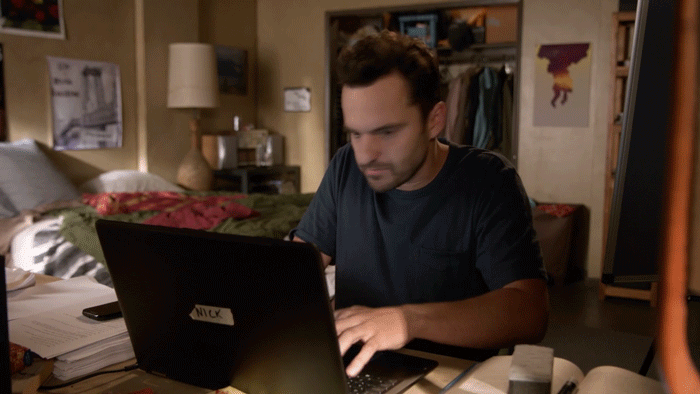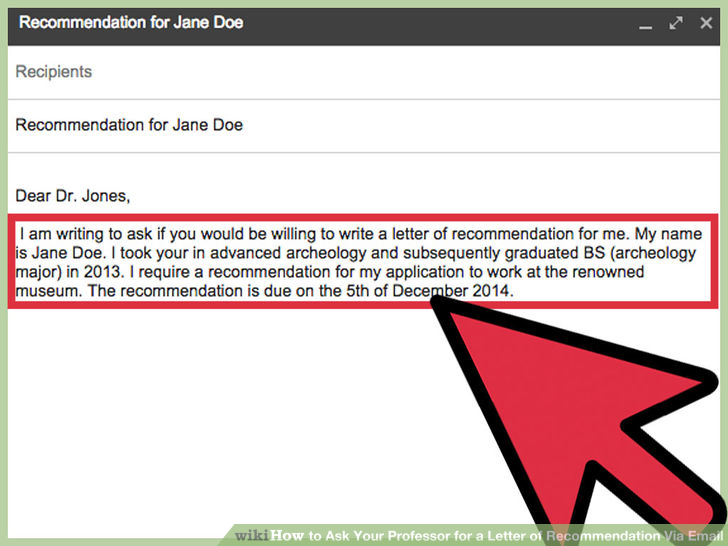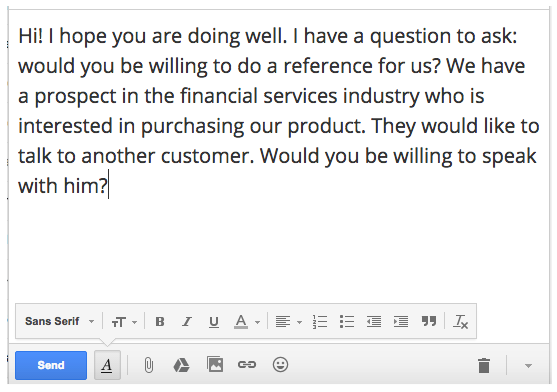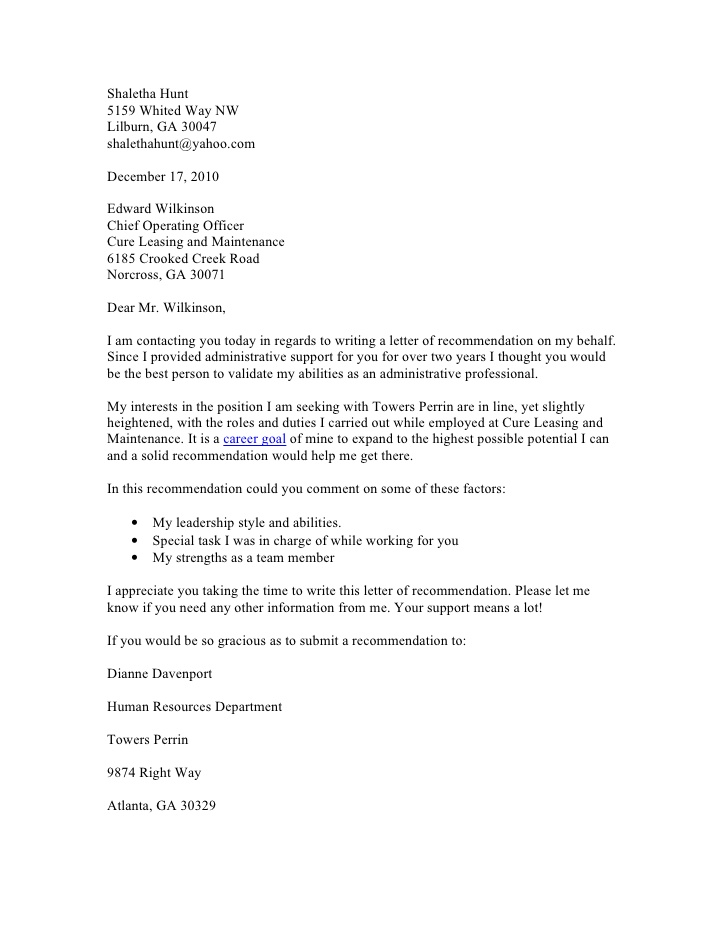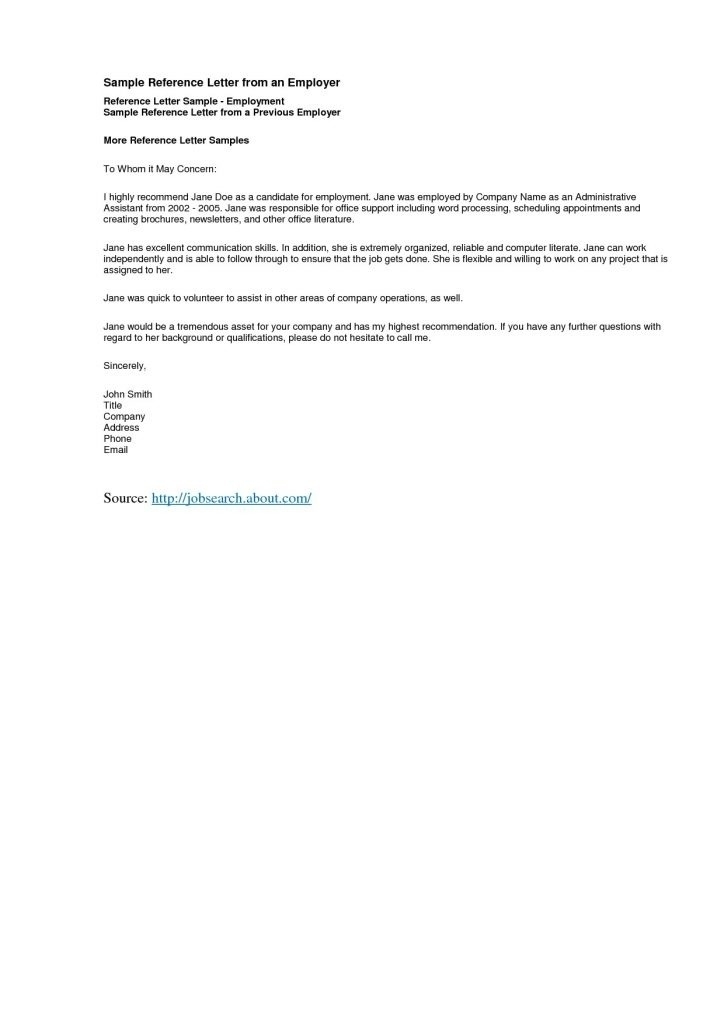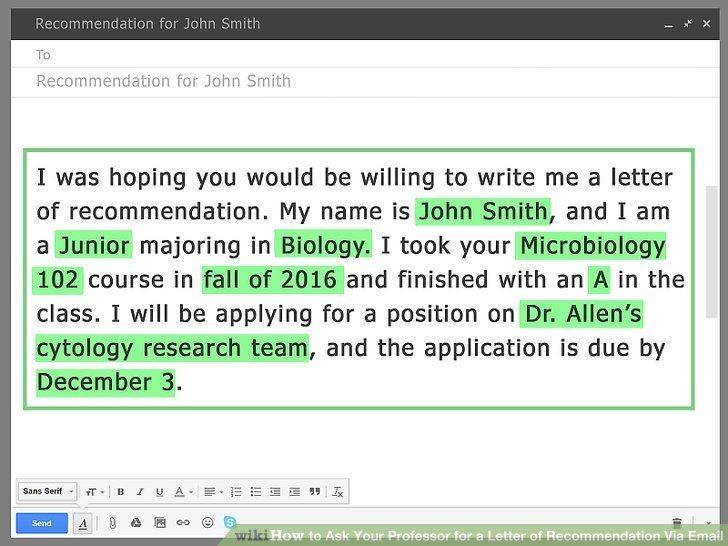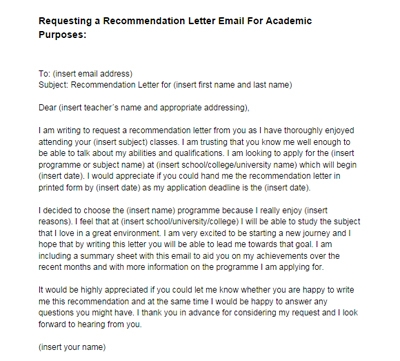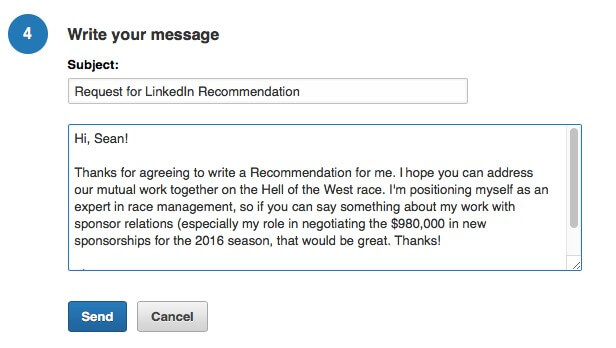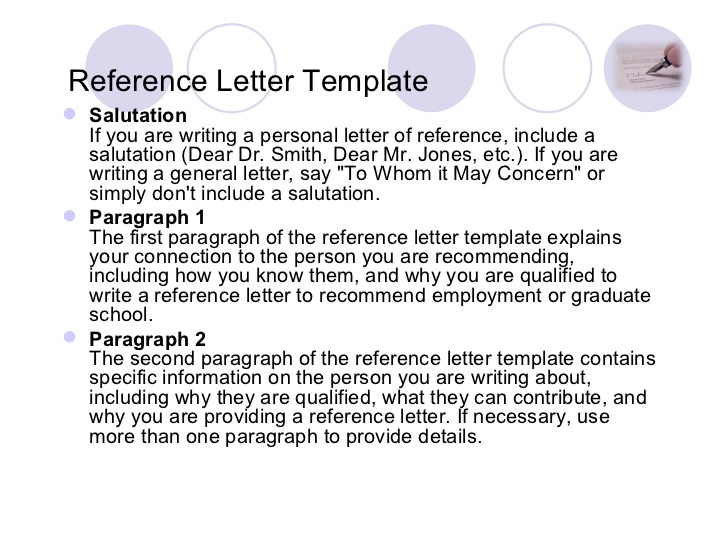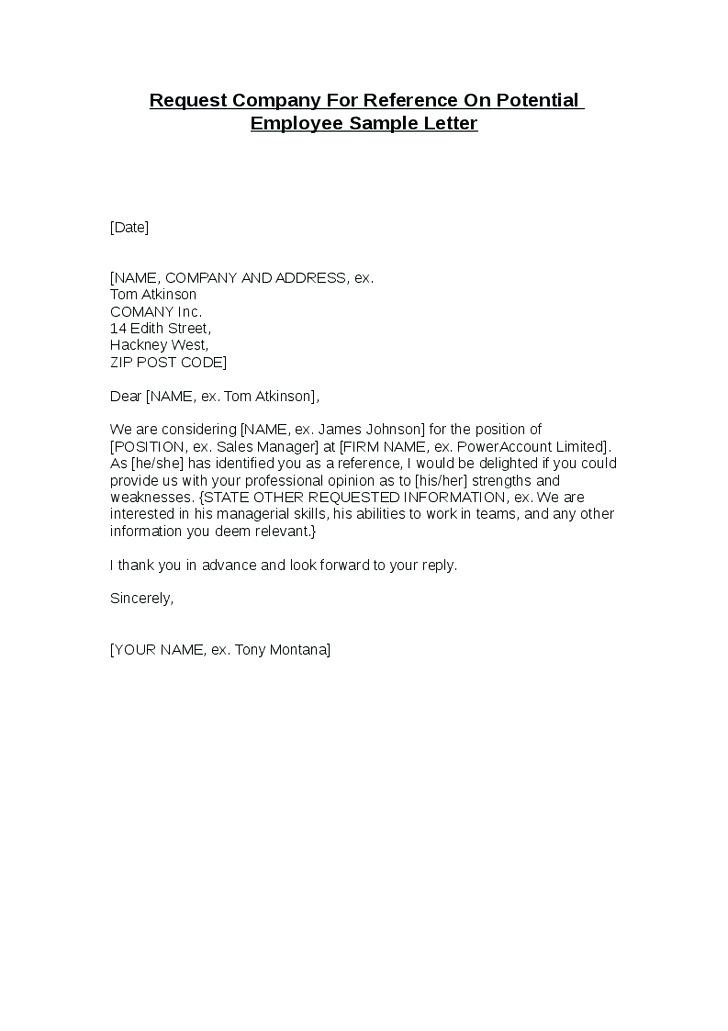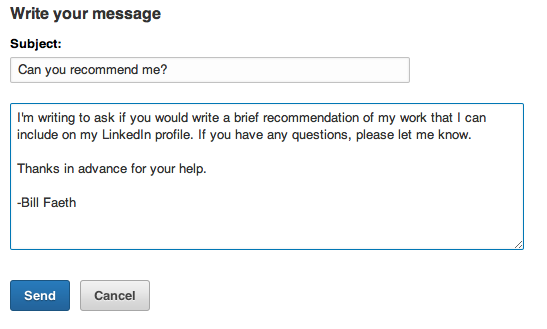9+ Email Messages for Job Reference Examples to Download
A good reference is vital for every job seeker’s journey. It makes them look more appealing to their prospective employers.
The facts, especially the flattering ones, can make a huge difference in convincing the employer that they are, indeed, the man for the job. At some point in your career, you will be asked to write a reference for someone, either a coworker, a customer, a client, or an employee. When that time comes, it’s best that you are knowledgeable of the basics of writing one. You may also see meeting email examples.
If you used to work with the candidate, then that already makes you a credible opinion about his work attitude and performance.
Since the applicant’s prospective employer wants to have a clear picture of how they are as an employee, asking the honest opinions of the people who actually saw them work is a great basis for judgement for them. Expressing positive, supportive, yet unfailingly honest feedback about the candidate can help push their career forward, at least, in the case of their job hunting. You may also like application email examples.
There are two types of employment reference that you may be asked to write for a candidate:
1. An Employment or Performance Reference.
This type of reference is often asked from the candidate’s previous boss, colleagues, and other people he may have worked with in the past.
It often includes the candidate’s name, job title and a short description of their responsibilities, the dates when they began and ended working for the company, and details about the skills and accomplishments they exhibited while working there. It may also ask about the candidate’s attitude in the workplace setting or his work ethics. You may also see marketing email examples.
2. A Character or Personal Reference.
This one, as its name suggest, delves on a different aspect of the candidate’s life.
A character reference is often written by the people that the applicant knows outside of his work. It could be his former teachers, a close neighbor, a community leader, a religious leader, or an organization advocate. This one talks about the candidate’s performance and attitude in the community. It is a mirror of how he is as a person, as observed by those who are directly around him. You may also like business email examples.
Asking For A Recommendation Email Example
Email Asking For A Reference Body Example
Agreeing to Write a Reference for a Candidate
Just because you know the person who is asking you to write a reference letter, doesn’t mean you’ll say yes to their request. The basic, unwritten rule about references is to not agree to write one if you are not sure that you can say purely good things about the person. And since lying in a reference is not an option, simply reject, in the kindest manner, the person’s request to have you write a reference for them.
But if you have a genuinely high regard for the person, then writing a reference for them will be a delicious piece of cake. However, you must be aware of the legal implications that may come along with providing misleading references. You might be held liable for the damages that your incomplete (or untruthful) reference has caused. You may also see networking email examples.
If you are unsure if you should write a reference for the candidate since he has exhibited inconsistent work performance, it would be best to discuss this issue with him. Tell him that you might not be comfortable talking about certain things to the employer who is asking for the reference, and then let him decide if he still wants to have you as a reference. You may also like business email writing examples.
If you’re feeling even the slightest bit of discomfort about the idea of writing a reference about the candidate, it would be for his own best interest if you turn down his request. Anything that will not put the candidate under the best light will only cause him more damage, so spare yourself the uneasiness and keep the candidate from a bad reputation with his employer. You may also check out feedback email examples.
Formal Request for a Reference
Sample Reference Letter from an Employer
What Questions Will You Have to Answer in Your Reference?
Your reference will be an answer to the employer’s silent questions about the candidate, and it is part of your role to predict these questions and answer them as sufficiently and as honestly as you can. These questions may include the following:
- When was the candidate employed in your company?
- What was the position he filled?
- What was your relationship with the candidate?
- Why did the candidate leave the job and the company?
- What were the responsibilities that the candidate had to perform?
- How would you rate, on a scale of one to ten, the candidate’s flexibility, dependability, judgement, initiative, and sense of responsibility?
- Was the candidate capable of effectively working with others?
- How would you rate the candidate’s overall job performance?
- What do you think are his strengths?
- In what areas do you think can the candidate improve?
- If given the chance, would you hire this person again?
This is not a thorough list, and there are still a lot of aspects of the candidate’s performance that an employer would want to know about. However, there are also questions and topics that are best left untouched, such as the candidate’s race, religion, sexual preference, family status, ancestry, mental and physical disability, marital and family status, and source of income. You might be interested in announcement email examples.
By knowing the things you can and cannot talk about in your reference, and by keeping a formal confidentiality, you can avoid saying things that may hurt the candidate and ruin your reputation.
How To Ask For Recommendation Through Email
Requesting A Recommendation Letter Email
How Can You Ask Someone to Write a Reference Letter for You?
What if you are not the one who is being asked to write a reference but is the person asking? What are the steps you must take and the things you must first think about before you proceed with the task? If, like many first-timers asking for a reference, you are completely clueless about how to start, below is a discussion of the preliminaries of asking someone to write a reference letter for you.
1. Choosing your references
This is the first and most important part of your role as the one asking for a reference. Think about all of the people you have ever worked with and choose a few on whom, you think, you have left a good impression.
For example, in the previous company you have worked for, your relationship with your boss has always been a little shaky, but you got along perfectly with your colleagues. The smart move would be to ask your colleagues to write the reference instead of asking your former boss, since they are obviously filled with good things to say about you. You may also see interview email examples.
As a general rule, choose someone who thinks highly of you, who always commended you for your efforts, and who can speak fluently about your talents and achievements. Your employer will sense if your reference doesn’t know you well. It will be apparent in the way they only speak of you in vague comments. Make sure that you avoid this by choosing someone who can not only give a reference but a good reference at that. You may also like resignation email examples.
2. Give the person you are asking a way to turn down your request
You can never be sure if the person you are asking to give you a reference would be willing to do so, so make sure that you present your request in a way that leaves them with a chance to decline. If they are even a little hesitant to write a reference for you, consider that bad news. It would be better if they simply refuse, instead of pushing through with the task only to produce a half-hearted reference letter.
3. Notify your reference first
Before you mention a reference’s name to your employer, make sure that you’ve given that person a heads-up first. Ask for their permission to be your reference (since they have all the right to refuse). This is also a good way of knowing what they’ll say about you, and to make sure that their comments will help you get the job. Once you have their consent, provide their name and address to your prospective employers. You may also check out save-the-date email examples.
Email Request For A LinkedIn Recommendation
Reference Letter Template
4. Ask nicely
When asking someone to be your reference, make sure that you present your request warmly and nicely. Remember that they are not under any obligation to do this for you. They are actually doing you a favor. So act the way a person should when he is indebted to somebody else. You might also mention why you think that he is the right reference for you. A few compliments directed to him won’t hurt as well. You may also see how to email a resume and cover letter.
5. How to ask for a reference letter
Here comes the challenging part: the act of asking the person to write a reference letter for you. The best, non-awkward way to do this is by writing. A text message would be too informal and a formal letter would be too imposing. Sending an email is often the most preferred way of asking someone to be your reference.
In your professional email, include important background information about you that might convince him that writing a reference for you would be worth it. You can also mention how the company will be reaching out to them should they agree to write a reference letter for you.
6. Phrase your request well
Instead of asking someone outright if they can be your reference, ask them instead if they would be comfortable in playing the role. Don’t force your request up the person’s face. Try to sound as humble and as unassuming as possible. Let him feel that you are giving him the option of rejecting your request or accepting it. You may also like best email marketing tools for startups.
7. Offer materials than can make his job easier
You can offer the person any material or document that can make his job as your reference easier. For example, you can offer to send a copy of your update resume, or a description of your skills and achievements, or anything that can help him get to know you better professionally. It will make it easier for them to write a reference about you if they are aware of your strengths through supporting materials that you provide. You may also check out introduction email examples.
8. Use a clear subject line
The subject line of your formal email is a short description of the topic that you have discussed in your email’s body, which, in this case, is a request for a reference. These are supposed to be short and concise, yet sufficiently descriptive. The purpose of a subject line is to introduce the main gist of the email to the recipient so that he can use it to judge the importance of the content.
Without a clear subject line, your receiver may not prioritize your email. To make sure that he will, make it clear what you are writing to him about.
Request Company for Reference
Email Request for Reference Example
9. Include your contact information
To make it easier for your recipient to send a response to your simple email, include your contact information in your letter’s body.
10. Express your gratitude
Just the act of reading the general email you have sent is a guaranteed waste of the person’s precious few seconds. Most probably, you are not in the position to ask this person a favor, much less to waste his time. Express your gratitude for it. Also, a heartfelt thank-you may get him to write that reference for you.
11. Follow up
If your recipient does agree to write a reference letter for you, and you end up getting the job, make sure that you don’t forget to thank him for the role he played in your employment. We may not know it but his recommendation and the positive comments he expressed about you may just be what got you the job. Celebrating it with him will make him feel appreciated, and that’s the least you can do. You may also see welcome email examples.


